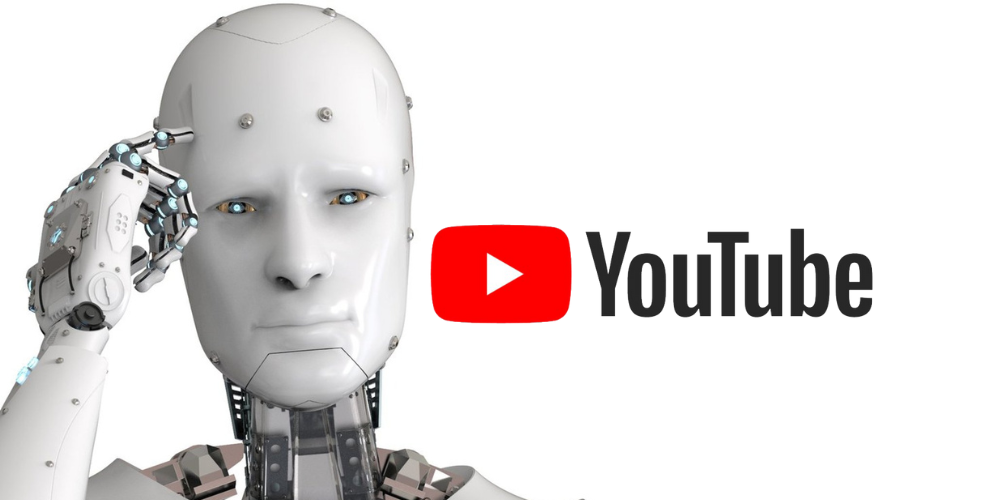
Bridging Language Barriers: YouTube’s New AI-Powered Dubbing Tool
With an eye toward a more inclusive and accessible digital experience, YouTube has recently unveiled its latest innovation: an AI-powered dubbing tool. Teaming up with Google's in-house incubator Area 120, YouTube aims to transcend language barriers and extend the reach of content creators to a global audience.
Earlier in the year, YouTube rolled out support for multi-language audio tracks, giving creators the opportunity to add dubbing to their videos. This initiative was greeted with enthusiasm, with over 10,000 videos being dubbed in more than 70 languages since its inception. Previously, creators had to seek out third-party providers to dub their content, a process that could prove to be both expensive and time-consuming.
The introduction of the AI-powered dubbing service Aloud now wipes out these barriers. Debuting in 2022, Aloud offers a comprehensive dubbing product that first transcribes a video, translates it, and finally produces a dubbed variant. Creators are offered the liberty to review the transcription and make any necessary edits before the dubbing is generated.
YouTube, currently testing the solution with hundreds of creators, has plans to make the tool accessible to all eventually. While Aloud is currently available in English, Spanish, and Portuguese, the company is working on adding more languages, including Hindi and Bahasa Indonesian. This expansion will further enhance the tool's ability to bridge language gaps and connect creators with viewers from all around the globe.
In conclusion, YouTube's integration of an AI-powered dubbing tool marks a significant milestone in digital content creation. The company’s vision of creating voice preservation, better emotion transfer, and lip reanimation using generative AI signals a future where technology and creativity converge seamlessly, making global communication more accessible and fluid. In this era of globalization, such initiatives are not just innovative but also necessary to cultivate a truly inclusive digital space.


Leave a comment
Your comment is awaiting moderation. We save your draft here
0 Comments